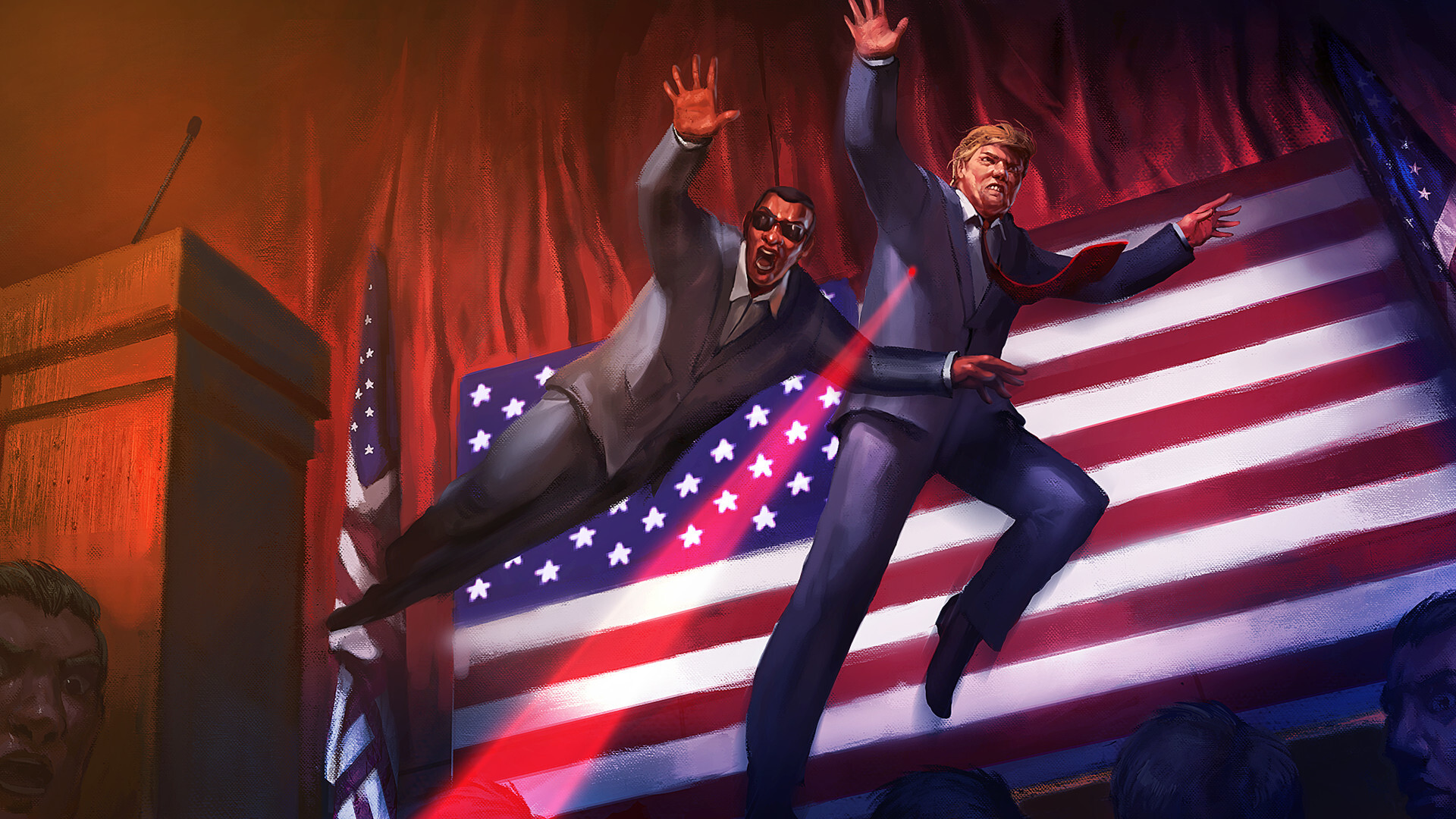A look at the surprising times real-life politicians appeared in video games, from cameos and parodies to playable characters. Politics has never looked quite this pixelated.
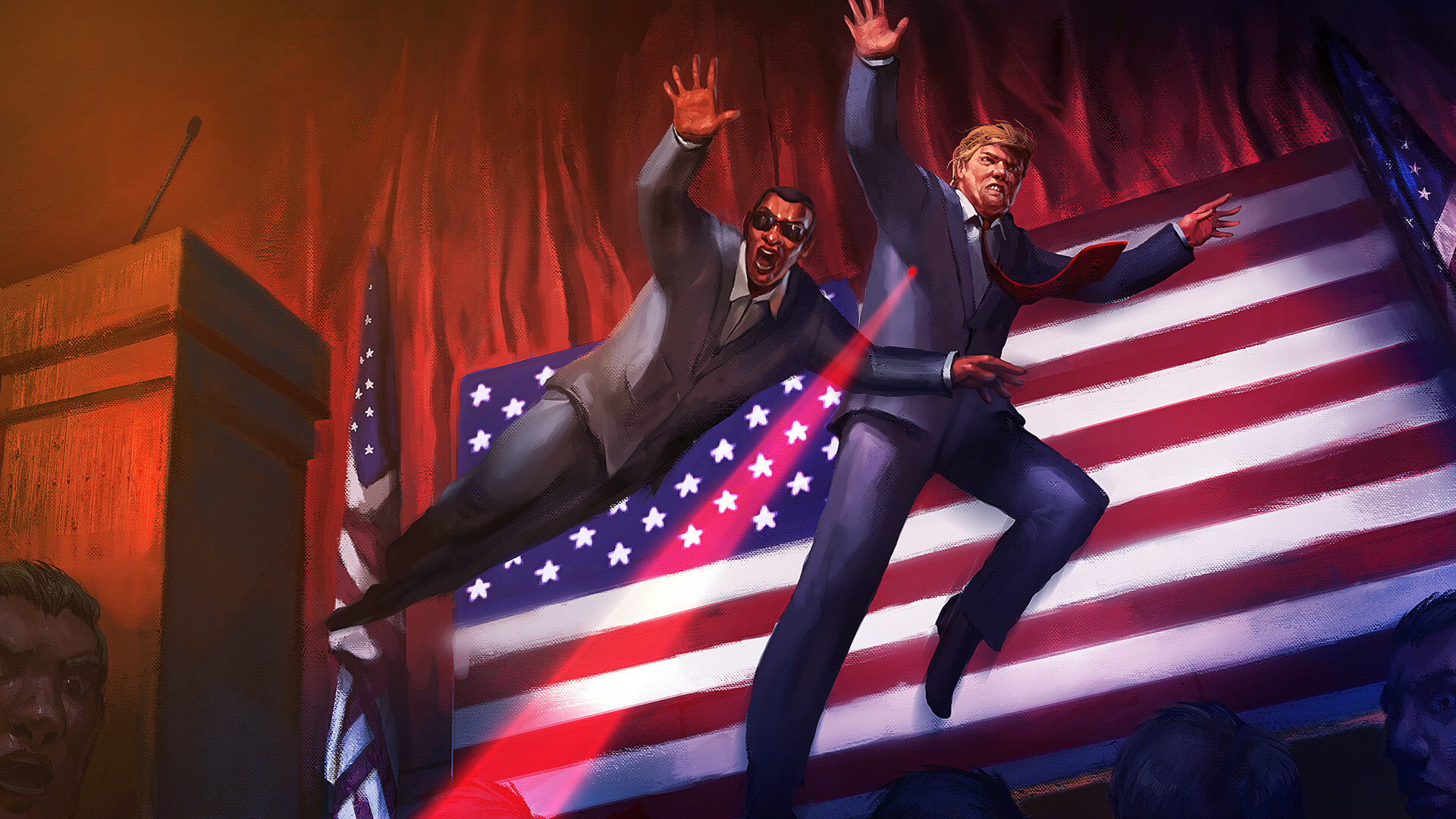
Yes, it’s really happened — real politicians have found their way into video games, sometimes as Easter eggs, sometimes as actual characters you can play or fight against. From satirical cameos to surprisingly serious portrayals, the worlds of gaming and politics have collided more often than you’d think. And no, we’re not just talking about vague caricatures — we mean actual public figures rendered in pixels or polygons.
It’s one of those strange intersections where pop culture, parody, and politics all crash into each other at full speed. Whether it’s a presidential punch-out or a tongue-in-cheek campaign tie-in, these moments remind us that even politicians aren’t safe from becoming part of gaming history.
Sex with Stalin (2020)
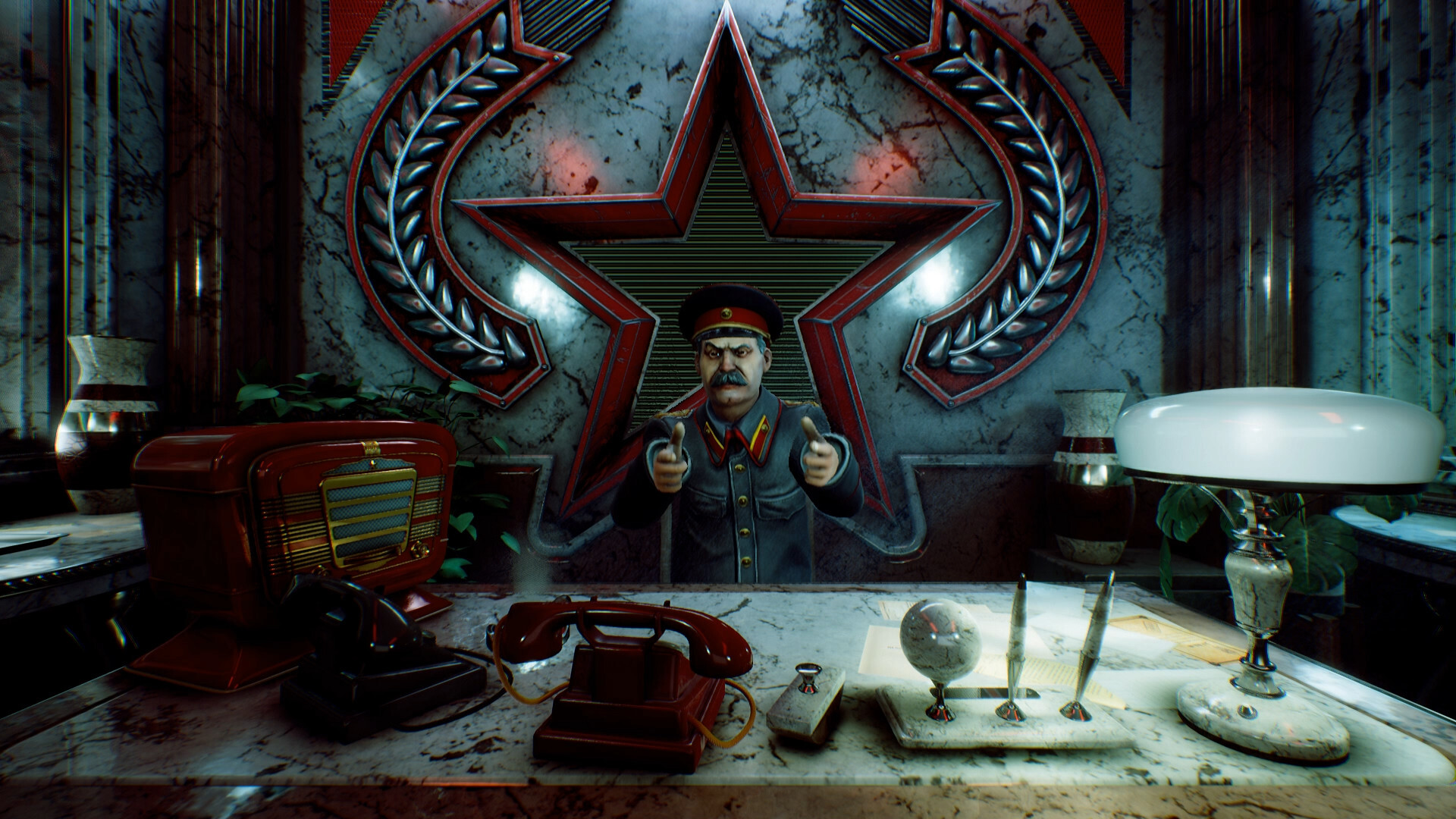
There are strange video games… and then there’s Sex with Stalin. Equal parts surreal and satirical, this indie oddity lets players travel back in time to have a “conversation” (and yes, more than that) with Joseph Stalin himself. It’s deliberately absurd, leaning hard into dark humor and political parody rather than anything remotely serious. The dialogue swings between philosophical musings and complete nonsense, poking fun at history, power, and the internet’s tendency to turn everything into a meme. It’s uncomfortable, ridiculous, and kind of brilliant in its own bizarre way — a fever dream that only gaming could produce.
Bundesfighter II Turbo (2017)
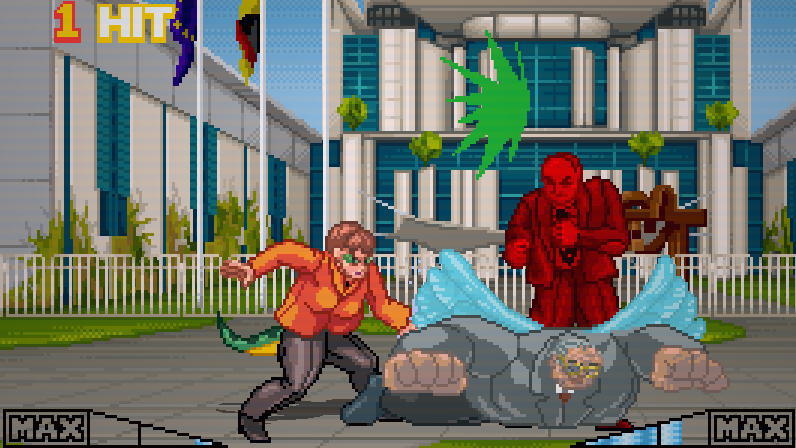
Now here’s one that could only have come out of Germany. Bundesfighter II Turbo reimagines the country’s 2017 federal election as a Street Fighter-style brawler — yes, with real politicians as playable fighters. Angela Merkel pulls off flying kicks, Martin Schulz throws punches of pure idealism, and political debates are settled through combos instead of speeches. Beneath the humor, it’s actually a sharp piece of political satire, using fighting game absurdity to comment on media spectacle and campaign theatrics. It’s over the top, unapologetically weird, and surprisingly well-made for what started as a public broadcaster’s web game.
Mr. President (2016)
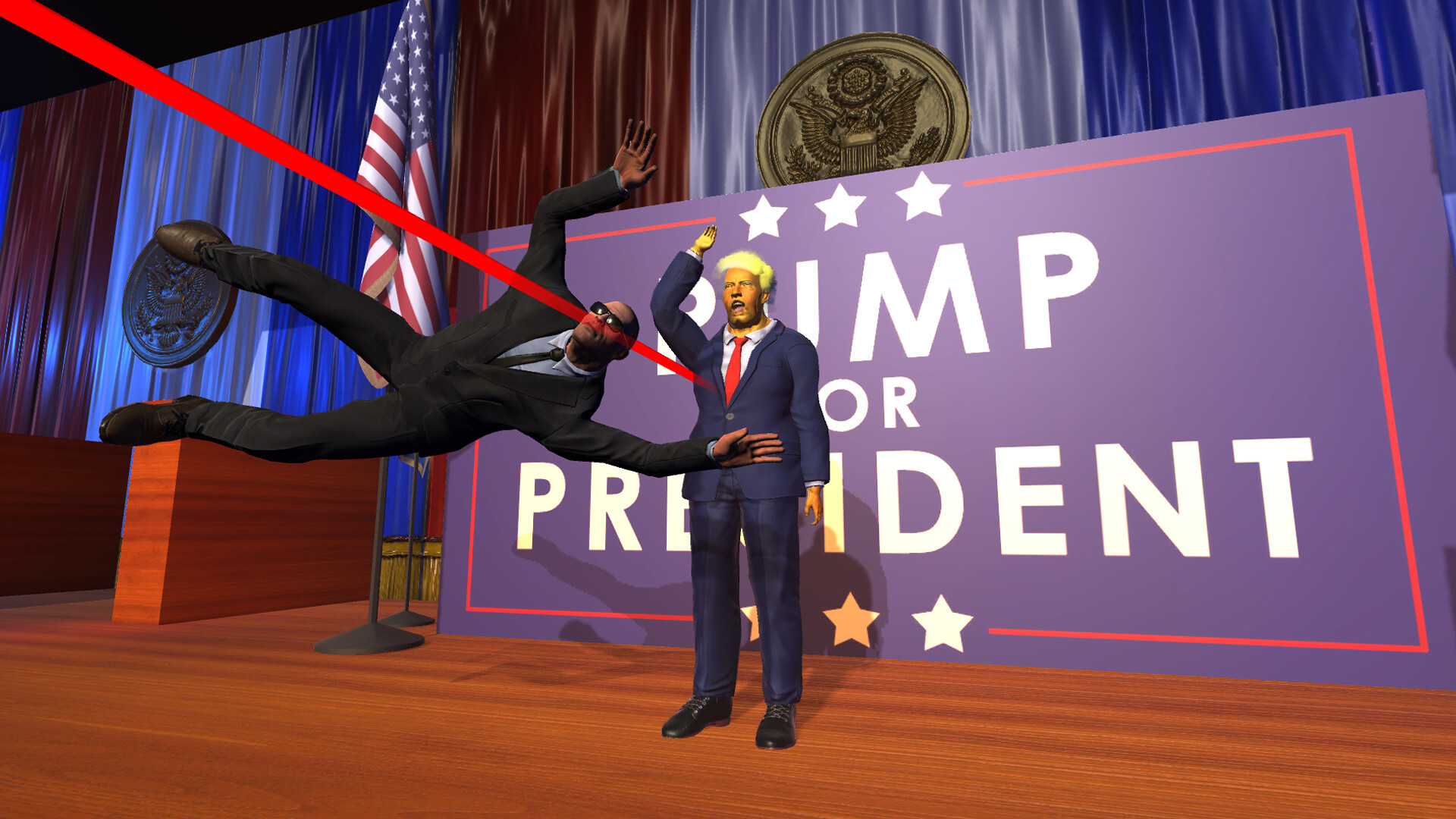
Subtlety was never part of Mr. President’s vocabulary. You play as a bodyguard named Dick “Rock-Hard” Johnson (yes, really), diving in slow motion to protect a presidential candidate who looks and sounds suspiciously like Donald Trump. The ragdoll physics make every mission a slapstick disaster — one second you’re leaping heroically, the next you’re cartwheeling into a wall while the fake president eats another bullet. It’s crude, chaotic, and full of political jabs, but that’s the whole point: it’s a goofy commentary on hero worship and the ridiculousness of modern politics. You’ll laugh, you’ll groan, and you’ll probably crash through a dozen folding chairs in the process.
Call of Duty: Black Ops Zombies (2011)
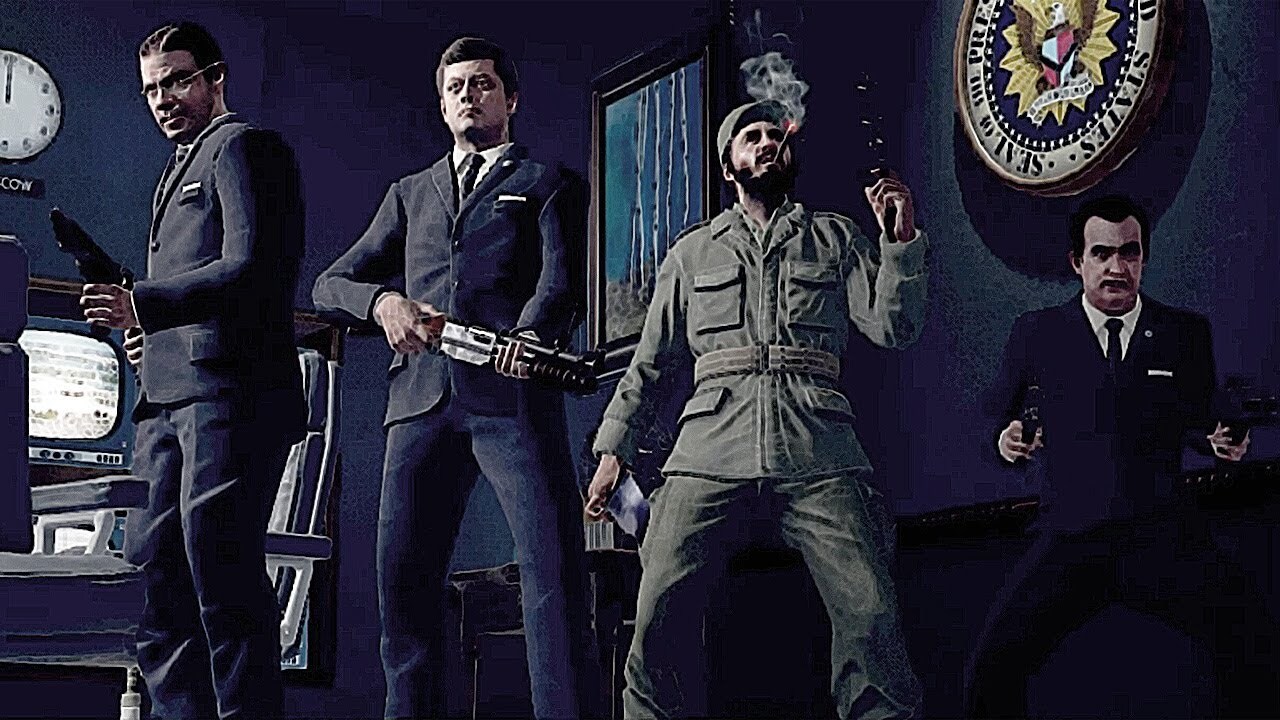
Just when you thought Call of Duty couldn’t get any wilder, the Black Ops Zombies mode let you play as — wait for it — John F. Kennedy, Richard Nixon, Fidel Castro, and Robert McNamara. The four historical figures are trapped in the Pentagon, fighting off hordes of undead soldiers while tossing out one-liners that sound straight out of a political fever dream. It’s absurdly fun and oddly cathartic, turning world leaders into unlikely zombie slayers. The banter between them, especially Nixon’s frantic rambling, remains one of the most memorable parts of Black Ops’s long-running zombie saga.
Sock and Awe (2008)
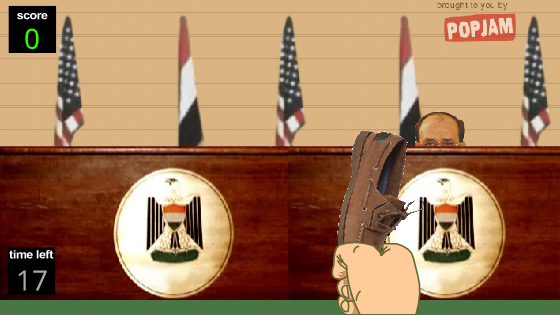
Inspired by a real-world viral moment, Sock and Awe turned the infamous shoe-throwing incident at George W. Bush into an actual game — and somehow, it became an internet sensation overnight. Players simply hurled virtual shoes at Bush’s face as he ducked behind a podium, racking up points for accuracy. It was simple, silly, and pure late-2000s internet energy — a mix of meme humor and quick political catharsis. The game spread across social media like wildfire, proving that sometimes, all you need to make a point (or a hit) is a flying loafer and impeccable timing.
The Political Machine series (2004–2024)
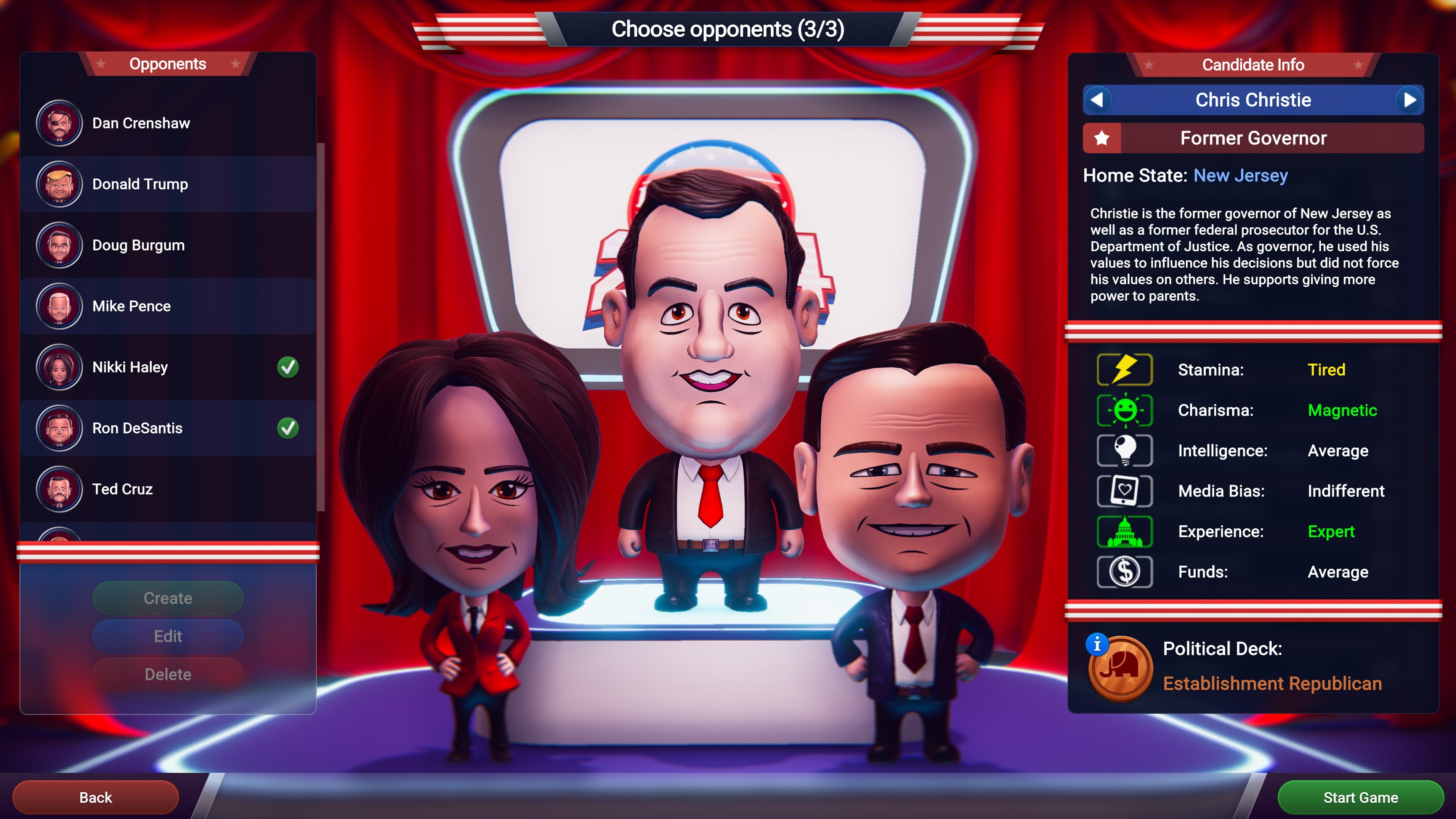
For anyone who’s ever thought, “What if The Sims met CNN?”, The Political Machine series has been answering that question for two decades. These games let players run U.S. presidential campaigns — complete with polling, spin control, and awkwardly smiling avatars of real candidates. Over the years, everyone from Barack Obama to Donald Trump to Joe Biden has appeared as playable contenders, each with stats reflecting their real-world reputations. It’s both a strategy sim and a satire, where charisma and media appearances matter as much as actual policies. And yes, it’s possible to win the presidency as Abraham Lincoln in 2024, which might be the most American thing ever.
Hong Kong 97 (1995)
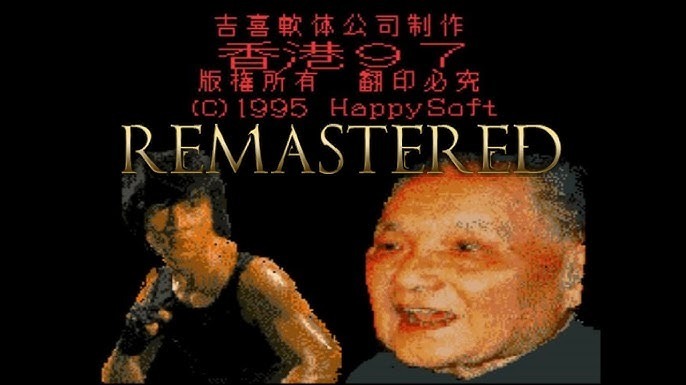
If there were ever a competition for “most infamous video game ever made,” Hong Kong 97 would be a top contender. Developed in Japan but centered on Hong Kong’s political climate before the 1997 handover, it casts you as a character based on Jackie Chan (sort of) tasked with fighting off waves of Chinese soldiers and, bizarrely, the reanimated head of Deng Xiaoping. The game is offensive, chaotic, and technically a disaster — but that’s exactly why it’s become legendary. It’s one of gaming’s strangest relics, more of a political statement (or meltdown) than an actual playable experience. Somehow, it remains a cult curiosity decades later.
Perestroika (1990)
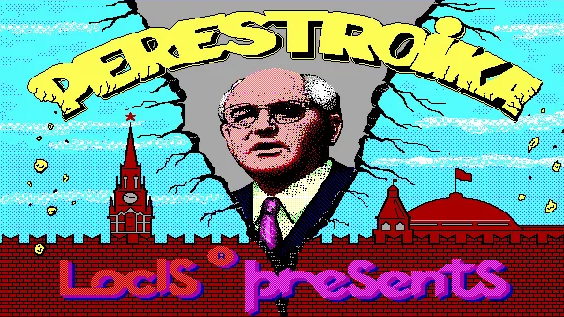
Released during the final years of the Soviet Union, Perestroika is a fascinating relic of political change — one that hides its message behind simple arcade mechanics. You play as a frog leaping across disappearing lily pads, symbolizing the instability of political reforms and the uncertainty of the Gorbachev era. It’s surprisingly poetic for something made on a Soviet PC, offering a playful yet pointed metaphor for shifting ideologies and fragile progress. The fact that it manages to be both a fun game and a political commentary is part of its quiet brilliance. It’s propaganda with a smile — and a hop.
I’m Sorry (1985)
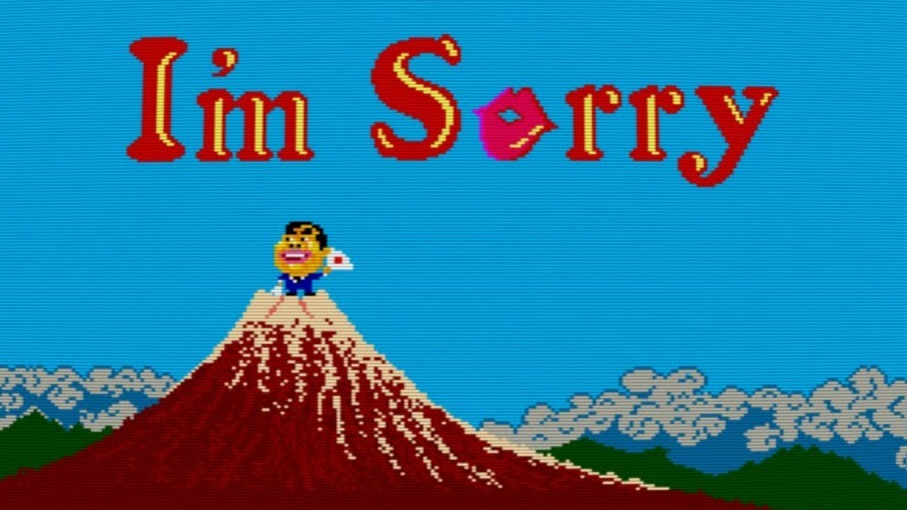
Arcade games weren’t exactly known for political satire back in the ’80s — which makes I’m Sorry all the more bizarre and brilliant. You play as Japanese Prime Minister Kakuei Tanaka, greedily collecting gold bars while dodging caricatures of Marilyn Monroe, Superman, and other odd obstacles. It’s a comedic jab at Tanaka’s real-life corruption scandals, wrapped up in bright colors and catchy chiptune music. The title itself — “I’m Sorry” — is a tongue-in-cheek nod to his public apologies, making it one of the earliest examples of politics bleeding into gaming. It’s weird, self-aware, and delightfully ahead of its time.


































